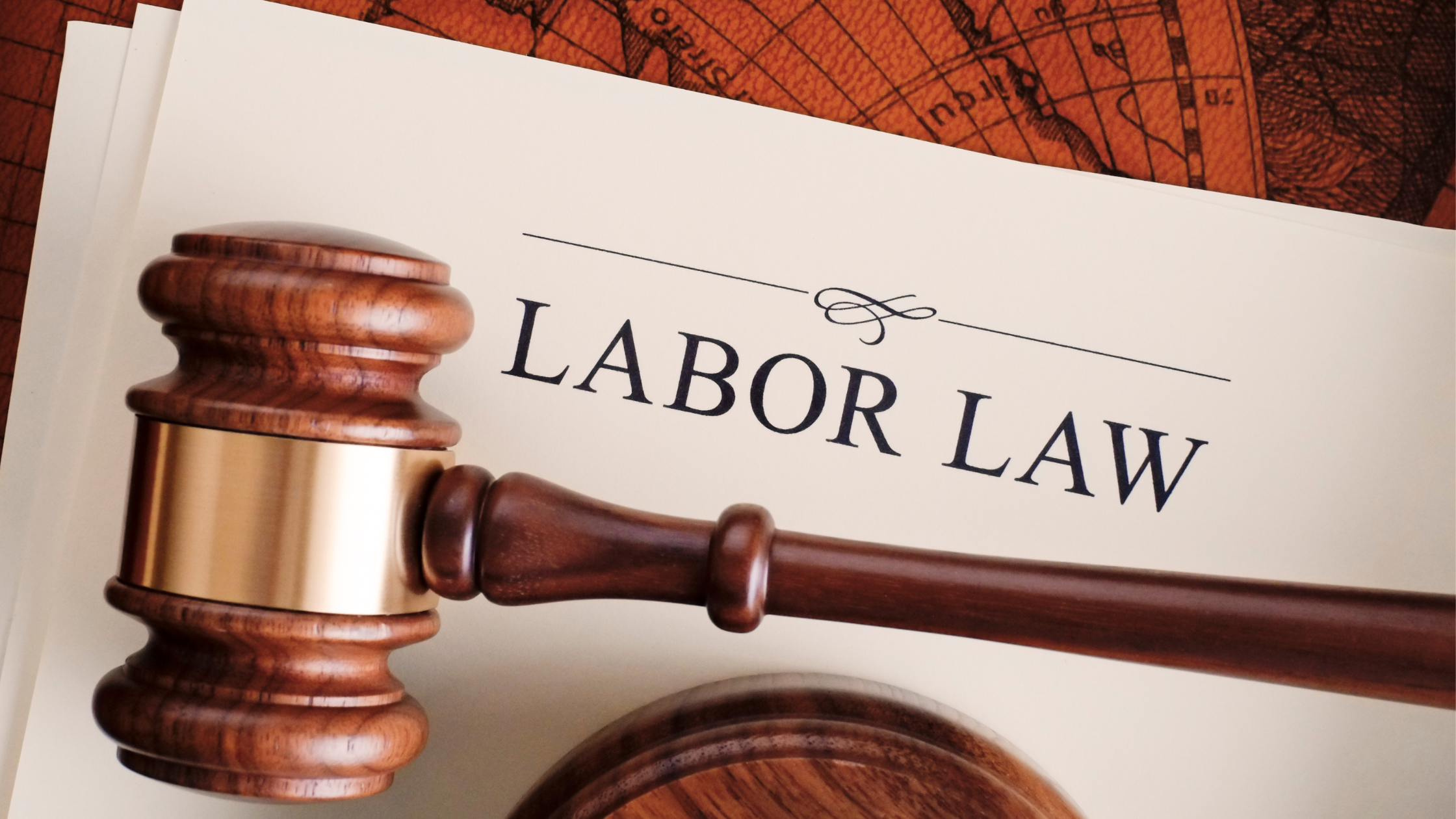The New York State Labor Law, Section 191, outlines the frequency in which employees must be paid.
The law explains how often manual workers, railroad workers, commission salespersons, executive employees, administrative employees, professional employees and clerical workers should be paid.
It also outlines penalties for failing to pay your staff on time.
Employees are not required to accept wage payment periods other than the periods stated in Section 191 of the Labor Law.
In this article, we will break down Section 191, as well as the types of employment protected.
Section 191 of the New York State Labor Law
Section 191 outlines the pay frequency in which you must pay your employees. Based on the Labor Law, you must provide timely payment in full for all hours worked.
It's important to know when wage payments are due to ensure your employee can manage their finances and that payroll taxes are paid on time to prevent any penalties.
Who is Covered by Section 191 of the Labor Law?
While Section 191 of the Labor Law does not cover federal, state and local government employees, it does cover all private sector employers and protects almost all manual workers, railroad workers, commission salespersons, executive employees, administrative employees, professional employees and clerical workers in New York. This includes charter schools, private schools, and nonprofit corporations.
Manual Workers
Section 190(4) of the New York State Labor Law defines a manual worker as a person who spends more than 25% of their time working performing “physical labor”. This could be a mechanic, construction worker, painter, brick mason, firefighter, etc.
Manual workers must be paid weekly and not later than 7 calendar days after the end of the week in which their wages are earned.
Manual workers for non-profit organizations must be paid with their agreed terms, but not less frequently than semi-monthly (1st and 15th or the 15th and 30th)
Large employers of manual workers may apply to the Commissioner of Labor to pay manual workers bi-weekly under these conditions:
- Company has an average of 1,000 employees in NY for the three years before applying
- Company has an average of 3,000 out of state and 1,000 New York state employees before applying
Railroad Workers
Section 190(4) of the Labor Law defines a railroad worker as any employee who operates a steam, electric, or diesel surface railroad or is engaged in the sleeping car business.
The term "railroad worker" does not include a person employed in an executive capacity or employees of government agencies.
Railroad workers must be paid on or before Thursday of each week and must include wages earned during the 7-day period ending on the Tuesday of the preceding week.
Commissioned Sales People
A commission salesperson is an employee who sells any goods, wares, merchandise, service, real estate, securities, insurance or things, and their earnings are based in whole or in part on commissions.
This does not include an employee who’s primary duties are in the supervisory, managerial, executive or admin nature (even if they also engage in the sales process).
For commission sales people, wages must be paid based on agreed terms in written agreement. However this must not be less than once per month and no later than the last day of the month following the month in which the wages are earned.
If wages are substantial, there is additional compensation earned (i.e. extra or incentive earnings), this may be paid less frequently than once each month.
Executive, Administrative, and Professional employees
Section 191 does not apply to persons employed in a bona fide executive, administrative, or professional role with earnings more than $900/week.
A bona fide employee in an executive, admin or professional role is offered at least minimum wage, can be on a shift or full/part time up to 40 hours per week and can be temporary, seasonal or permanent.
While this is true, if an employee is “exempt” for overtime, they are covered by Section 191.
Executive Employee
The following criteria must be met to qualify as a bona fide executive employee:
- Management is the employee’s primary duty with the ability to exercise discretionary powers
- The employee regularly directs the work of two or more employees
- The employee has the authority to hire or fire and can influence the hiring, firing and advancement of other employees
- The employee must be paid more than $900/week
*If your employee does not meet this criteria, they are protected under Labor Law Section 191.
Administrative Employee
Bona fide administrative employees must meet the following criteria:
- The employee’s primary duty is to perform office or non-manual work, directly related to general operations or assigned by management
- The employee uses independent judgment regularly
- The employee regularly and directly assists and is supervised by their employer or employee in a bona fide executive or admin capacity, as well as use special training, experience, or knowledge
- The employee must be paid in excess of $900/week.
*If your employee does not meet this criteria, they are protected under Labor Law Section 191.
Professional Employee
Professional bona fide employee criteria include:
- The employee’s primary duty requires advanced knowledge and study from education, an apprenticeship or training from mental, manual or physical process
OR
- Is original and creative in a recognized field and produces results based on the invention, imagination or talent of the employee
And the employee’s work:
- Requires ongoing discretion and judgment based on performance
- Is predominantly intellectual and varies in nature
- The output or result produced cannot be standardized in relation to given time period
- The employee must be paid more than $900/week
*If your employee does not meet this criteria, they are protected under Labor Law Section 191.
Clerical (or Other) Employee
Wages must be paid at least semi-monthly and based on the agreed terms of employment.
This is any employee that does not fall under any other category of the Labor Law as mentioned above.
Employee Termination, Retirement, or Resignation
Ending employment does not exempt employers from paying wages.
Former employees must be paid no later than their next pay day (as if they were still employed). If the employee prefers to be mailed their final paycheck, the employer must comply.
An employer also has the option to immediately pay the terminated employee at the time of their termination or before the expected payday.
Death of an Employee
Section 191 requires employers to make reasonable efforts to pay the deceased wages by:
- Reaching out to emergency contacts
- Contact known family members or friends
- Contact the Surrogate’s Court
- Review obituary notices to locate family members or speak with the funeral directory
- Contact life insurance policy to identify beneficiaries
- Contact the County Health Department to discover next of kin listed on Death Certificate
If the employer fails to find an appropriate contact after these efforts, the employer must remit the funds to the Office of the State Comptroller after 3 years. This is in line with the State Abandoned Property Law.
Conclusion
If you are an employer, it is important toknow how often to pay your employees. If you don't pay them on time, they can sue you in court and receive compensation for damages.
This means that if one of your employees wins a lawsuit against you because of late payment, then they will receive compensation from the court system in addition to being paid what they were owed originally!
Are you looking for an easy way to manage your payroll?
MegaPay charges a flat monthly fee with no additional fees based on the number of Payrolls you process.
Get in contact with our team to learn more!
 Meet the platform.
Meet the platform.





